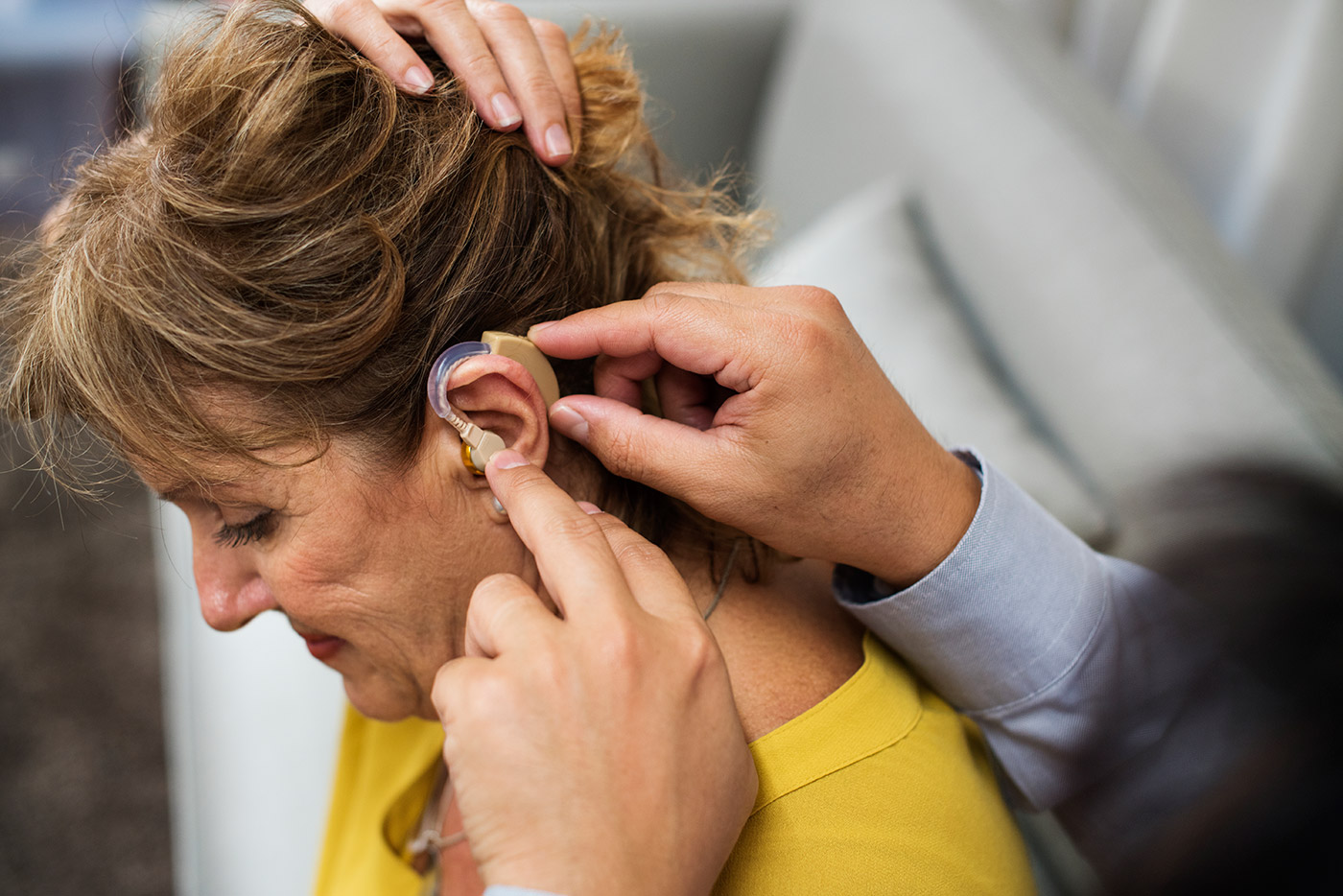A new frontier in medicine is emerging as gene therapy has begun to restore hearing in individuals born deaf, offering hope for millions affected by genetic hearing loss. Groundbreaking studies from China and Europe reveal that a one-time injection of a healthy gene directly into the inner ear can reawaken the ability to hear, even in cases of profound congenital deafness.
In China, researchers at Fudan University and Massachusetts Eye and Ear in Boston treated a group of children with a hereditary form of deafness caused by mutations in the OTOF gene, which prevents the production of otoferlin, a vital protein for transmitting sound signals from the ear to the brain. Within only a month after receiving the therapy in both ears, every child in the trial began to exhibit measurable improvements. Six months later, they demonstrated enhanced speech comprehension, the ability to locate sounds in noisy environments, and even joyfully responded to music.
The success of these trials underscores the potential of gene therapy beyond traditional aids like cochlear implants, by truly restoring the natural hearing process. No serious adverse effects have been reported, though some patients experienced mild immune suppression.
Further bolstering the field, Regeneron Pharmaceuticals reported that 10 out of 11 children with OTOF-related deafness regained hearing after treatment, with some achieving nearly normal levels.
Scientists emphasize this marks just the beginning. The OTOF gene represents one of many genetic targets—future studies will explore therapies for mutations in GJB2, TMC1, and other genes linked to deafness. Early data suggest gene therapy could one day be the definitive cure for a wide range of inherited auditory disorders.
